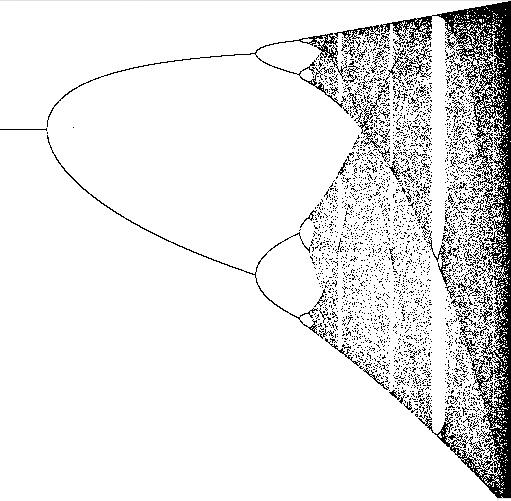A poem that contributes to the Epic of Gilgamesh offers this advice:
Let your belly be full,
enjoy yourself always by day and by night!
Make merry each day,
dance and play day and night!
Let your clothes be clean,
let your head be washed, may you bathe in water!
Gaze on the child who holds your hand,
let your wife enjoy your repeated embrace!
And here is what Ecclesiastics tells us to do:
Go thy way, eat thy bread with joy and drink thy wine with a merry heart….
Let thy garments be always white, and let thy head not lack ointment.
Live joyfully with the wife whom thou lovest all the days of thy life.
These two have been paired before– it was an introduction to the Epic that laid it out for me as I have here. But two elements missing, which do not change the meaning but add some needed nuance.
In the Epic, the wise woman, Shiduri, is admonishing Gilgamesh to do his duty as a king, not to live like a fool. Gilgamesh has been wandering around dirty and ragged– like a fool– looking for immortality. But he is told:
when the gods created mankind,
death they dispensed to mankind,
life they kept for themselves.
In the quote Ecclesiastics, the ellipsis is hiding “for God now accepteth thy works.”, and the passage continues:
for that is thy portion in this life, and in thy labor which thou takest under the sun.
Whatsoever thy hand findeth to do, do it with thy might; for there is no work, nor device, nor knowledge; nor wisdom, in the grave, whither thou goest.
This is about death and about duty. To live joyfully not as simpletons, but as kings.
It brings to mind one more ancient poem:
As long as you live, shine,
Let nothing grieve you beyond measure.
For your life is short,
And time will claim its tribute.




